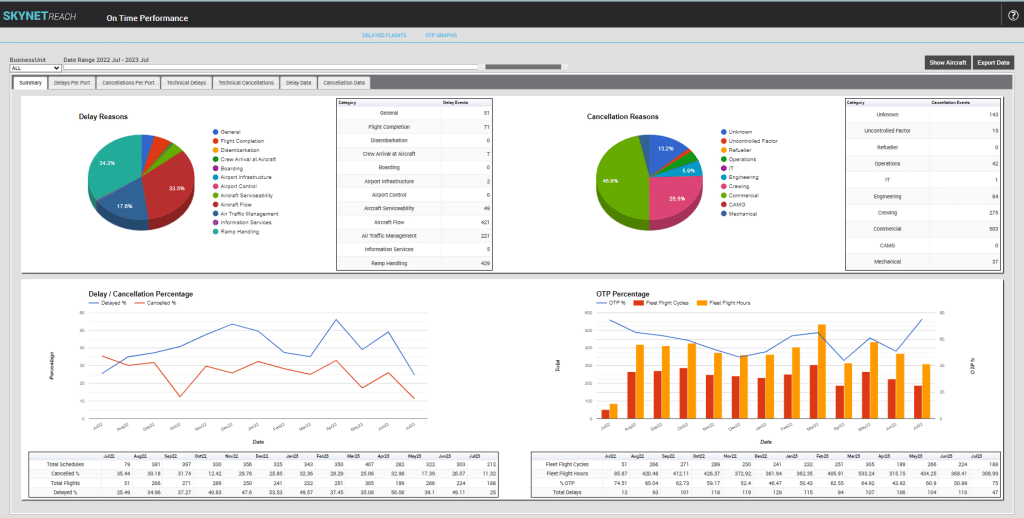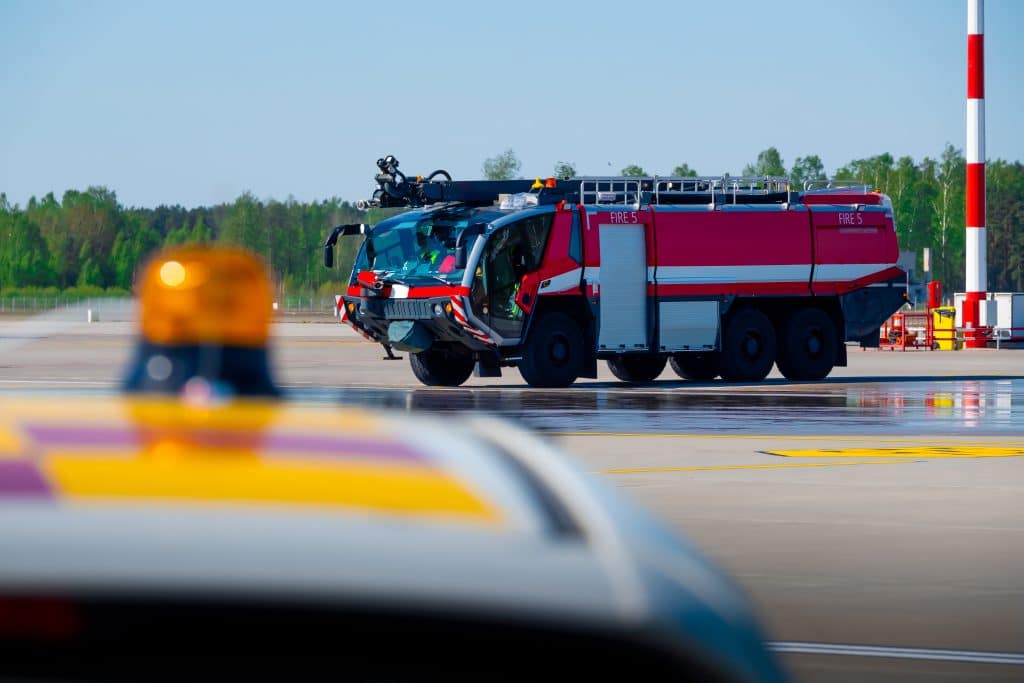For anyone outside the aviation industry, weather forecasts may seem like a simple convenience, a way to plan weekend outings or choose what to wear. However, within the confines of an aircraft or an airline operations control centre (OCC), weather forecasts are of crucial significance to the overall safety of the operation.
Why are Aviation Weather Forecasts Critical?
- Safety First:
Turbulence, thunderstorms, and icing are just a few examples of the many weather-related threats that can jeopardize the safety of an aircraft, its crew, and passengers. Understanding weather patterns and potential hazards can help pilots avoid these threats or be better prepared to handle them.
The weather conditions at an airport also determine the ability for a flight to take off or land safely, depending on the equipment available on the ground and in the aircraft.
- Operational Efficiency:
Accurate forecasts play a pivotal role in flight planning. It can help in determining the most fuel-efficient route, adjusting departure times to avoid adverse conditions, and selecting alternates.
- Passenger Comfort:
While safety is paramount, ensuring a comfortable journey for passengers is also crucial. By avoiding turbulent zones or being prepared for them, pilots can provide a safer and smoother flight experience for travellers.
Decision Support: An Unseen Hero
While having access to accurate weather data is essential, interpreting and using this information effectively is equally critical. This is where decision support systems (DSS) come into play for both pilots and the OCC.
- Real-time Analysis:
Modern DSS can analyse vast amounts of data in real-time. By considering various parameters, these systems can suggest alternative routes, highlight potential weather threats, or even advise on altitude changes.
- Predictive Insights:
Apart from immediate threats, DSS can provide predictive insights, forecasting potential issues hours, or even days in advance. This allows for better planning and more informed decision-making.
- Collaborative Decision-making (CDM):
With shared insights from DSS, pilots, and operations controllers can collaborate more effectively. Whether it’s a rerouting decision or a change in the flight plan, joint decision-making ensures that multiple perspectives are considered, leading to safer and more efficient operations.
- Continuous Learning:
Advanced DSS use machine learning and AI algorithms. This means they learn from every decision, every changed route, and every weather event, becoming increasingly adept at offering guidance over time.
As the aviation industry evolves, the role of accurate weather forecasts and robust decision support systems will only grow in importance. These tools are not just about avoiding the next storm but about harnessing technology and data to make every flight safer, more efficient, and more comfortable.
In an era where data is abundant, using it effectively is the key. For every pilot in the aircraft and every OCC team member supporting them from the ground, these tools are crucial to ensuring that our skies remain as safe as they’ve ever been.



